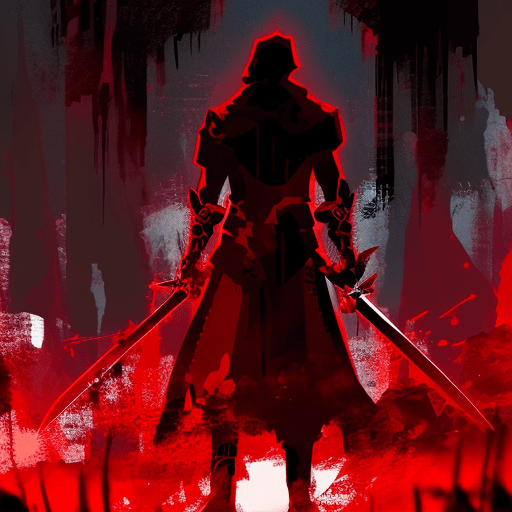One-line summary:
In “Glass Sword,” the second installment of Victoria Aveyard’s Red Queen series, Mare Barrow must navigate a treacherous world of politics and power as she fights to protect the newbloods and overthrow the oppressive Silver regime.
Unleashing the Power of the Newbloods
After narrowly escaping the clutches of the Silver King Maven Calore, Mare Barrow finds herself on the run with the Scarlet Guard, a group of rebels fighting against the oppressive Silver regime. In “Glass Sword,” Mare discovers that she is not the only one with extraordinary abilities. Known as newbloods, these individuals possess unique powers that could tip the balance of power in the ongoing war. Mare takes it upon herself to gather and train these newbloods, hoping to build an army that can challenge the Silver rulers.
As Mare and the Scarlet Guard embark on their mission, they face numerous challenges and betrayals. They encounter other newbloods, each with their own set of powers, and must convince them to join their cause. Mare struggles with her role as a leader and the weight of the lives she holds in her hands. She must learn to trust her instincts and make difficult decisions that will determine the fate of the newbloods and the future of their world.
A World Divided by Power and Betrayal
In “Glass Sword,” the divide between the Silver ruling class and the Red commoners becomes even more pronounced. The Silvers, with their supernatural abilities, hold all the power and wealth, while the Reds are left to suffer in poverty and oppression. Mare, a Red with Silver-like abilities, becomes a symbol of hope for the Reds and a threat to the Silvers. As she continues her fight against the Silver regime, Mare realizes that the lines between good and evil are blurred. She must navigate a treacherous world of politics and power, where allies can quickly turn into enemies and betrayal lurks at every corner.
Throughout the book, Mare grapples with her identity and the choices she has made. She questions her loyalty to the Scarlet Guard and wonders if she can truly trust anyone. The weight of her responsibilities weighs heavily on her, and she struggles to maintain her humanity in the face of violence and war. As the story unfolds, Mare learns that power can corrupt even the noblest of intentions and that the fight for justice often comes at a great cost.
The Price of Rebellion
In “Glass Sword,” rebellion comes at a steep price. As Mare and the Scarlet Guard wage war against the Silvers, they face numerous obstacles and sacrifices. Lives are lost, friendships are tested, and the cost of freedom becomes increasingly apparent. The book explores the themes of sacrifice, loyalty, and the consequences of one’s actions. It delves into the complexities of power and the lengths people will go to maintain it.
Key Takeaways:
- The fight for justice often requires difficult choices and sacrifices.
- Power can corrupt even the noblest of intentions.
- The lines between good and evil are not always clear.
- Trust is a fragile commodity in a world filled with betrayal.
- The price of rebellion is steep, but the hope for a better future keeps the fight alive.
“I am not the lightning, but the storm. The storm that will swallow the gods.”
In “Glass Sword,” Victoria Aveyard continues to captivate readers with her thrilling and action-packed storytelling. The book explores themes of power, loyalty, and sacrifice, as Mare Barrow fights to protect the newbloods and overthrow the oppressive Silver regime. With its intricate world-building and complex characters, “Glass Sword” is a gripping continuation of the Red Queen series that will leave readers eagerly anticipating the next installment.












